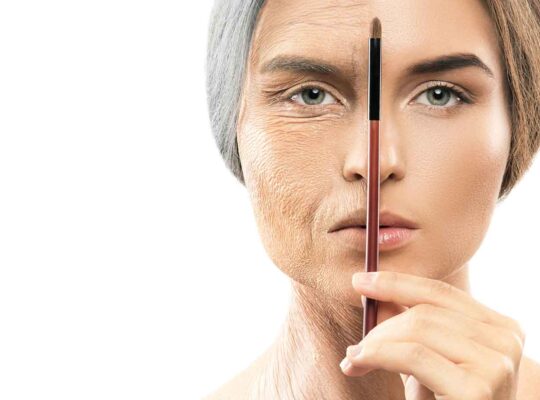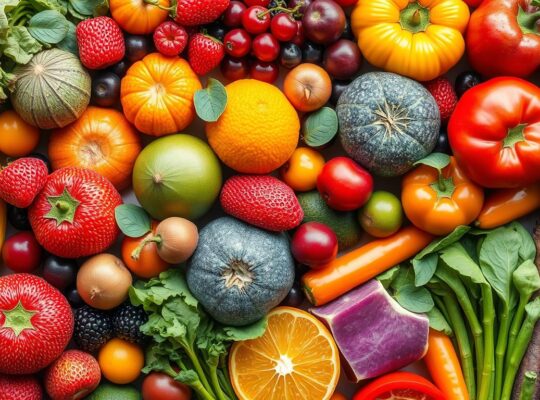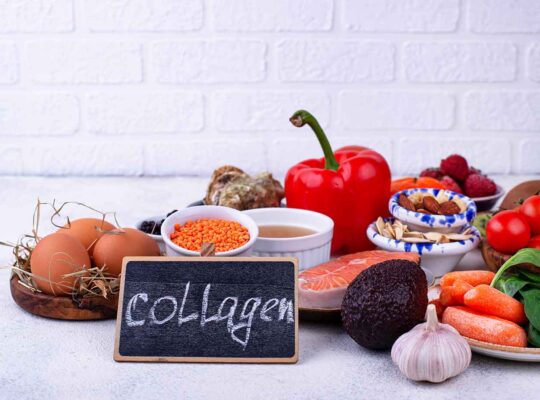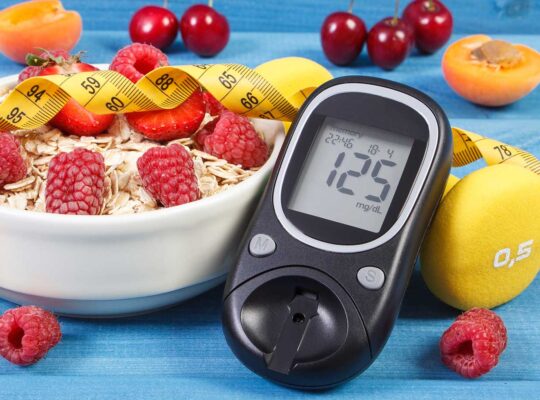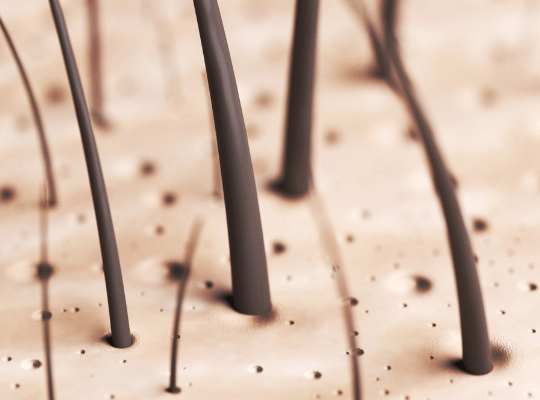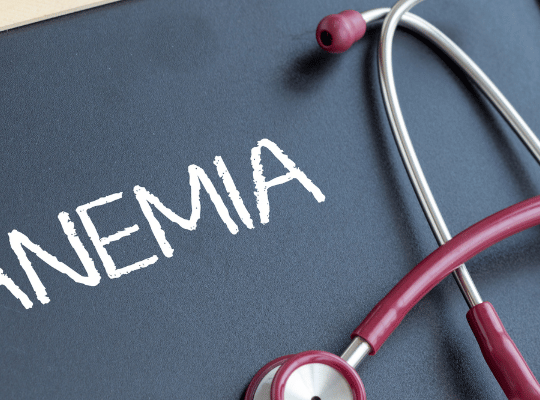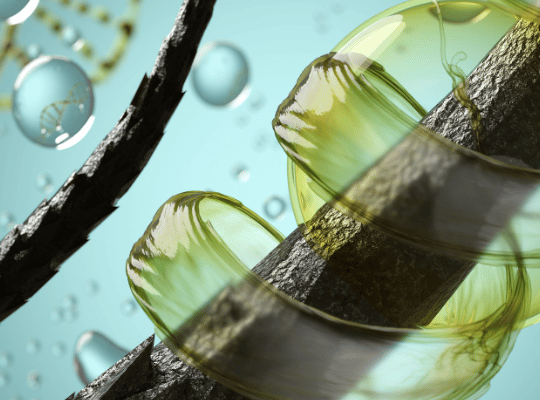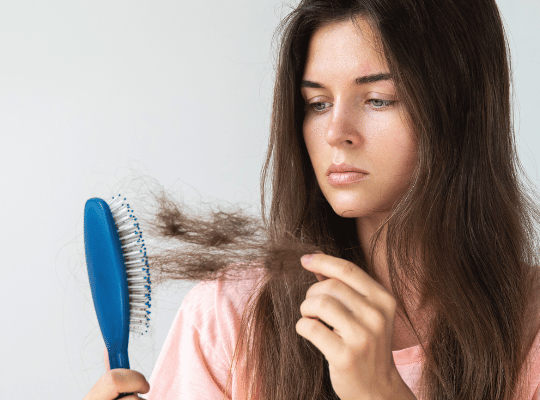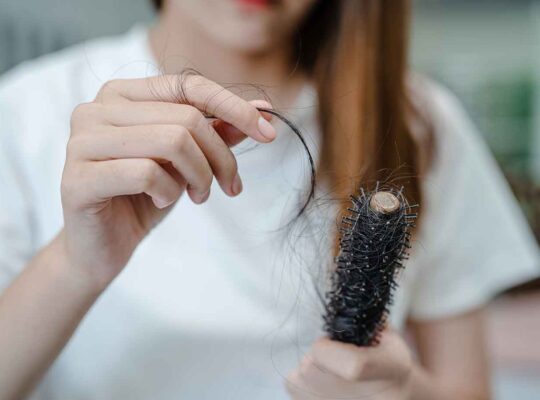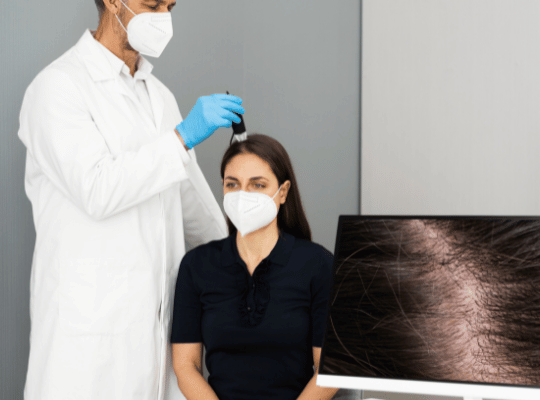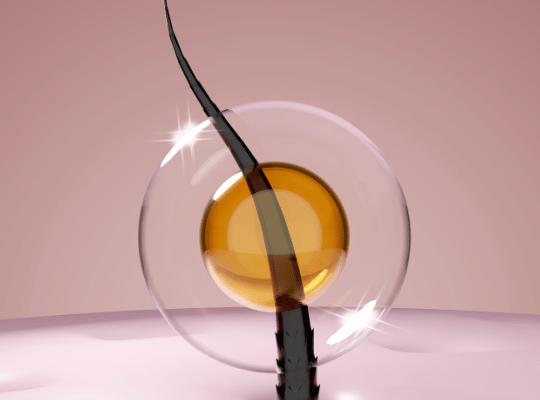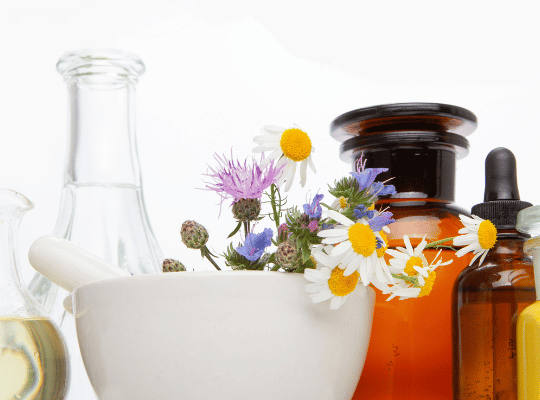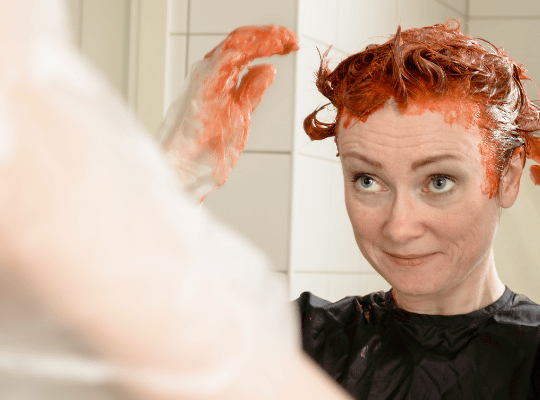Have you ever wondered why your hair seems dull or is falling out more than usual? The answer might lie in what you’re eating. Your diet plays a significant role in the health and growth of your hair. In this article, we’ll explore how various nutrients influence hair growth, what foods to incorporate into your diet, and what to avoid if you want luscious, healthy hair.
Why Diet Matters for Hair Health
Just like the rest of your body, your hair needs specific nutrients to grow and stay healthy. Hair follicles, the tiny pockets in your scalp that produce hair, require a steady supply of vitamins, minerals, and proteins to function optimally. When your diet lacks these essential nutrients, it can lead to a range of hair issues, from thinning and shedding to dullness and brittleness.
The Essential Nutrients for Hair Growth
Let’s break down the key nutrients you need for healthy hair and the best food sources for each:
1. Protein: The Building Block of Hair
- Why It’s Important: Hair is made primarily of keratin, a type of protein. Without enough protein in your diet, your hair may become weak and brittle.
- Best Sources: Lean meats, eggs, dairy products, beans, lentils, and nuts.
- Tip: Incorporating a source of protein into every meal can help maintain your hair’s strength and elasticity.
2. Iron: For Oxygen-Rich Blood
- Why It’s Important: Iron helps red blood cells carry oxygen to your hair follicles, which is essential for hair growth. Iron deficiency can lead to hair loss, known as iron deficiency hair loss.
- Best Sources: Red meat, spinach, lentils, and fortified cereals.
- Tip: Pair iron-rich foods with vitamin C (like oranges or bell peppers) to enhance absorption.
3. Zinc: For Hair Repair and Growth
- Why It’s Important: Zinc plays a crucial role in hair tissue growth and repair. It also helps keep the oil glands around the hair follicles working properly.
- Best Sources: Oysters, beef, pumpkin seeds, and lentils.
- Tip: If you notice more shedding than usual, it could be a sign of zinc deficiency. Incorporate more zinc-rich foods into your diet for zinc for hair growth.
4. Vitamins A, C, D, and E: The Hair Growth Vitamins
- Vitamin A: Essential for the production of sebum, an oily substance that moisturizes the scalp and keeps hair healthy.
- Best Sources: Carrots, sweet potatoes, and dark leafy greens.
- Vitamin C: Helps with collagen production, strengthening the hair shaft and supporting iron absorption.
- Best Sources: Citrus fruits, strawberries, and bell peppers.
- Vitamin D: Plays a role in the creation of new hair follicles. A deficiency in vitamin D can lead to hair loss.
- Best Sources: Fatty fish, fortified foods, and exposure to sunlight.
- Vitamin E: Acts as an antioxidant to prevent oxidative stress in the scalp, which can damage hair follicles.
- Best Sources: Almonds, sunflower seeds, and avocados.
The Best Foods for Healthy Hair
To support optimal hair growth, focus on incorporating these foods into your diet:
| Food | Nutrient | Benefits |
|---|---|---|
| Eggs | Protein, Biotin (Vitamin B7) | Strengthens hair and prevents hair loss. |
| Spinach | Iron, Vitamin A, C | Improves scalp health and promotes sebum production. |
| Salmon | Omega-3 Fatty Acids, Vitamin D | Nourishes hair and adds shine. |
| Sweet Potatoes | Beta-Carotene (Vitamin A) | Supports healthy hair growth and scalp health. |
| Nuts (Almonds, Walnuts) | Vitamin E, Zinc | Protects hair from damage and promotes growth. |
| Greek Yogurt | Protein, Vitamin B5 | Prevents hair thinning and loss. |
| Oysters | Zinc | Boosts hair growth and repair. |
Foods to Avoid for Better Hair Health
Certain foods can negatively impact your hair health. Here’s what to limit:
- Sugary Foods: High sugar intake can lead to insulin resistance, which has been linked to hair loss.
- High-Fat Diets: Excessive unhealthy fats can increase inflammation in the body, affecting hair growth.
- Alcohol: Reduces zinc absorption and can lead to hair thinning.
- Processed Foods: Often lack the essential nutrients your hair needs, leading to poor hair health.
Tips for Improving Hair Health Through Diet
- Stay Hydrated: Water is essential for overall health, including your hair. Dehydration can make your hair dry and brittle.
- Eat a Balanced Diet: Ensure you’re getting a mix of proteins, healthy fats, and vitamins in every meal.
- Consider Supplements: If you struggle to get enough nutrients from your diet, consider taking a multivitamin or specific supplements like biotin, zinc, or iron, but consult with a healthcare provider first.
- Avoid Crash Diets: Extreme dieting can deprive your body of the nutrients it needs, leading to hair loss.
Final Thoughts
Your diet is a powerful tool for promoting hair growth and maintaining overall hair health. By focusing on a nutrient-rich diet and avoiding harmful foods, you can pave the way for stronger, shinier, and more resilient hair. Remember, consistency is key, and while changes may take time, the results will be worth the effort.
Frequently Asked Questions (FAQ)
Q: Can my hair improve if I change my diet?
A: Absolutely! By incorporating more nutrient-dense foods, you can improve your hair’s strength, shine, and growth rate.
Q: How long does it take to see results from dietary changes?
A: Hair grows slowly, about half an inch per month, so it may take a few months to notice significant changes after improving your diet.
Q: Are supplements necessary for hair growth?
A: Supplements can help if you have a deficiency, but it’s always best to get your nutrients from food first. Consult a healthcare provider before starting any supplement.
Q: Can drinking water really help my hair?
A: Yes! Staying hydrated helps maintain a healthy scalp and supports hair growth.


